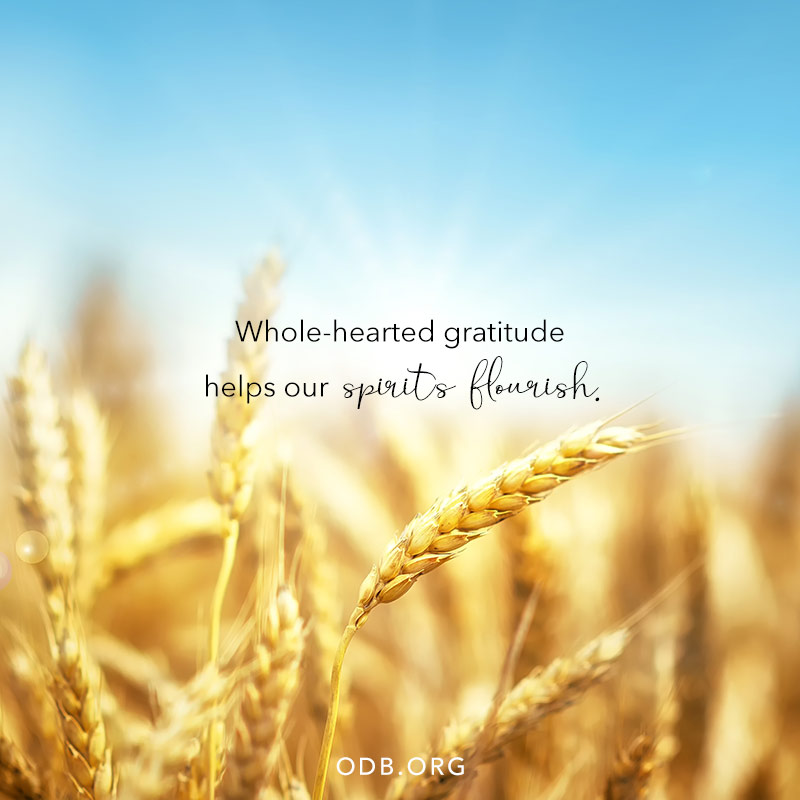
Read: Psalm 50:8–15 | Bible in a Year: Ezekiel 37–39; 2 Peter 2
https://odb.org/2018/11/30/honoring-god-with-thanks/
| ||||||||
|
Insight: The legal language and setting in Psalm 50 are hard to miss. A universal summons is issued by God (v. 1) and the purpose of the gathering is clear—the judgment of His people (v. 4). In a manner reminiscent of the giving of the Law (Exodus 19:16–19), the Lord makes His grand entry (Psalm 50:2–3) as the righteous and just judge (v. 6). However, “judge” is not His only role; He is also witness (v. 7) and plaintiff (v. 8). Two groups of defendants enter the Lord’s courtroom and the Judge has indictments that match the transgressions of each group. The Lord’s charges against the first group (vv. 7–15) concerned their worship. Though a formal worship system was in place, the kind of worship the Lord desired was missing. Spiritual worship that included “thanksgiving” mattered to the Lord more than the flesh and blood of animals. The charges against the second group (vv. 16–23) concerned their hypocrisy. Though they were able to recite words that came from God, their actions demonstrated their hearts were far from Him (vv. 17–21). As with the first group, the Lord’s corrective included the reminder that “thank offerings” really matter to Him (v. 23).
Arthur Jackson

http://qt.swim.org/user_utf/food/user_print_web.php
http://qt.swim.org/user_utf/food/user_print_web.php?edit_all=2018-03-13